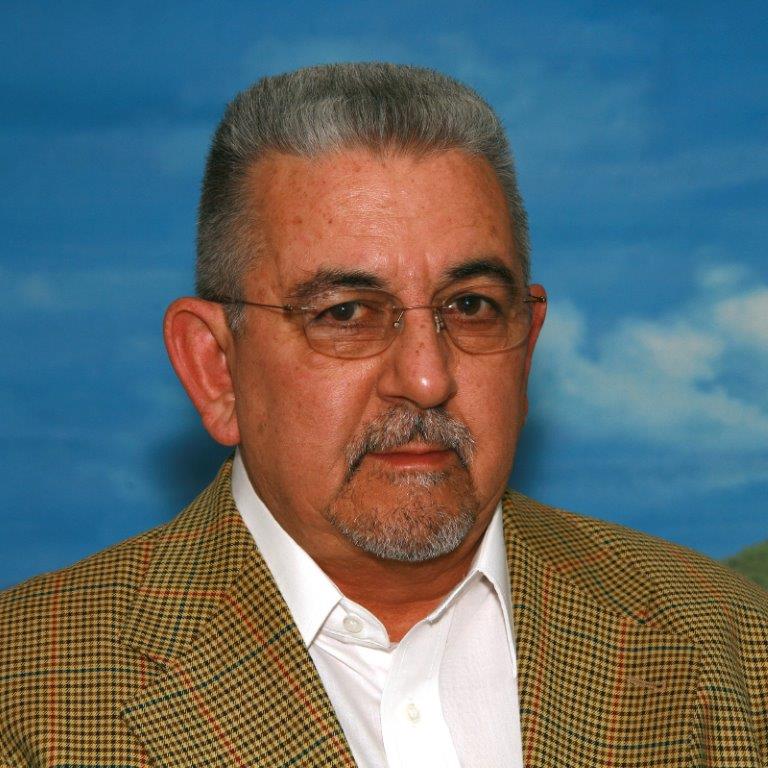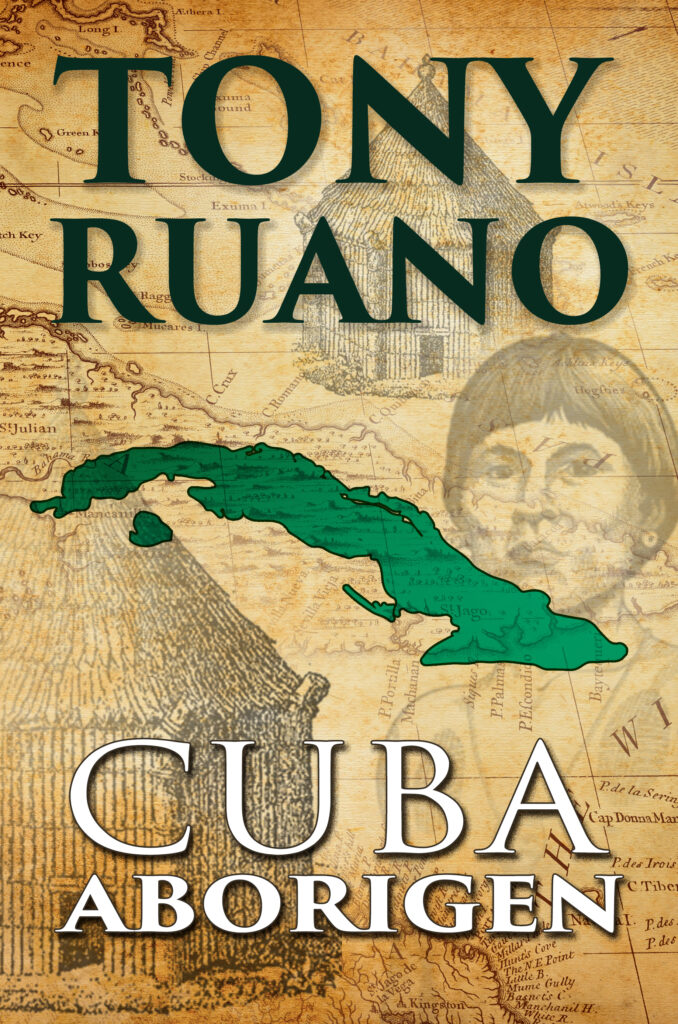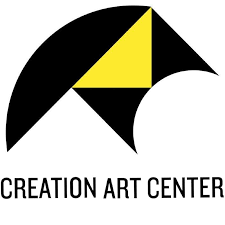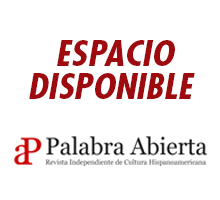Literatura. Historia. Sociedad. Promoción.
Nota de prensa. Creation Art Center.

Tony Ruano
El 16 de JULIO del 2021, a las 8:00 p.m.
Miami Hispanic Cultural Arts Center
Viernes de Tertulia tendrá como invitado al escritor Tony Ruano para conversar sobre su libro Cuba aborigen, una investigación sobre las culturas primitivas en Cuba. Viernes 16, a las 8 p.m., en el Miami Hispanic Cultural Arts Center, 111 SW 5ta Ave. Evento abierto al público y gratuito.
Viernes de Tertulia, evento artístico y literario, anuncia su jornada del mes de julio del 2021 con el escritor Tony Ruano.
El programa Viernes de Tertulia, conducido por el escritor y periodista Luis de la Paz, es una producción del Creation Art Center, organización dirigida por Eriberto Jiménez.
Viernes de Tertulia tendrá su próxima actividad el viernes 16 de julio del 2021, a las 8:00 de la noche, con asistencia de público y vía Facebook Live desde la sede del Centro, en el 111 SW 5ta. Avenida, en un encuentro con el escritor Tony Ruano, para la presentación del libro Cuba aborigen. Para Más información en el (305) 786 747-1877.
Tony Ruano. La Habana, 1946. Economista, narrador, poeta, pintor. Ha publicado quince libros. En poesía: El amor a pesar de los intentos; Un canto, la vida sutileza del contorno; Forma de ser; Mi pueblo, más allá de la nostalgia; Regalo de Aniversario; 11 Poemas a la Cándida Rosa, Que de amor sea la fragua y Obra poética. En literatura para niños y jóvenes: Fábulas para gigantes y Vuelos. En arte y literatura: VI Cats. En narrativa: Crimen en Lombard Street 113 y De retorno al pueblo viejo. En Economía y Finanzas: Bienes raíces. En investigación: Cuba aborigen. Su obra ha sido traducida a los siguientes idiomas: portugués, italiano, francés, inglés, alemán, sueco y japonés. Es miembro del Pen Club de Escritores Cubanos en el Exilio.
Sinopsis de CUBA ABORIGEN: Investigación sobre las culturas aborígenes cubanas. Sintéticamente enfoca todos los elementos de la vida diaria de los habitantes de Cuba, en la época del descubrimiento. Informa sobre: costumbres, sitios de asentamiento, modo habitacional, transporte, dieta, ocupaciones y labores, ajuar, costumbres funerarias, medicina aborigen, ornitología, Ictiología, léxico, investigaciones arqueológicas, estudios etnológicos, antropológicos, paleontológicos y más, acerca de los grupos aborígenes cubanos.
©Creation Art Center. All Rights Reserved








